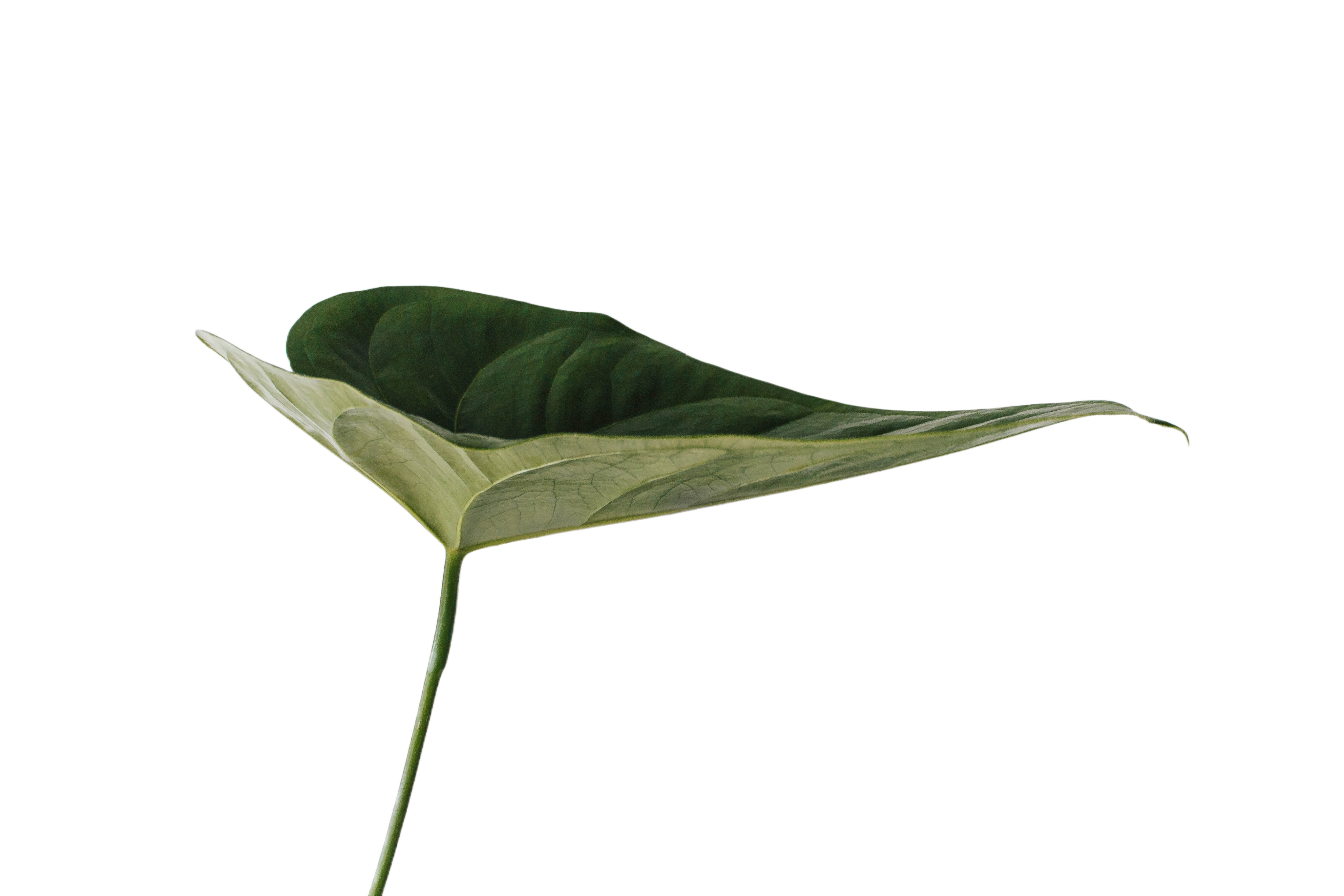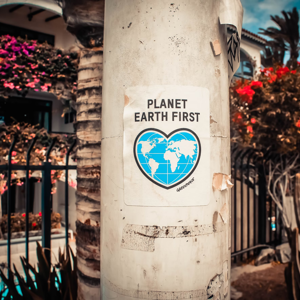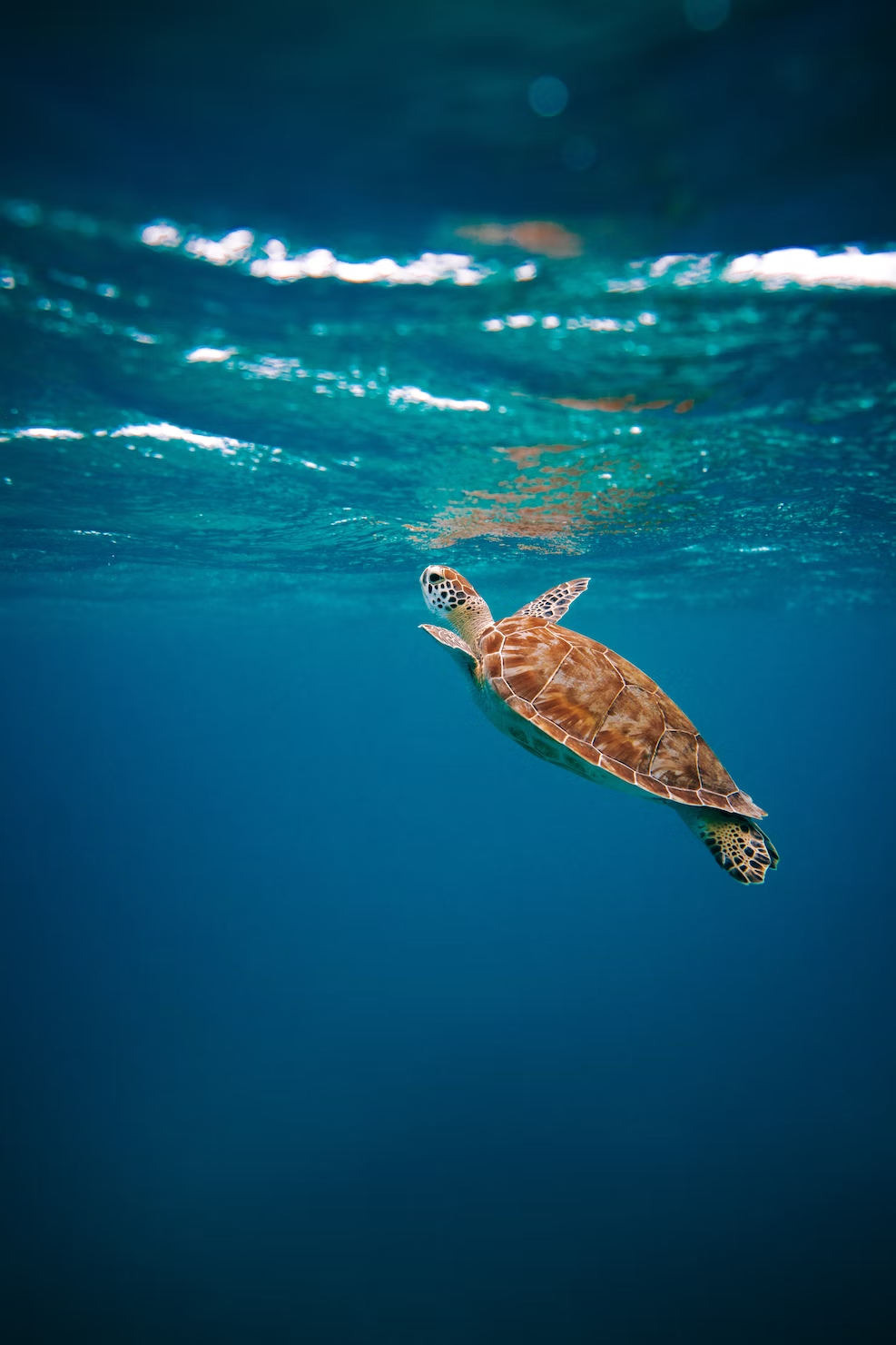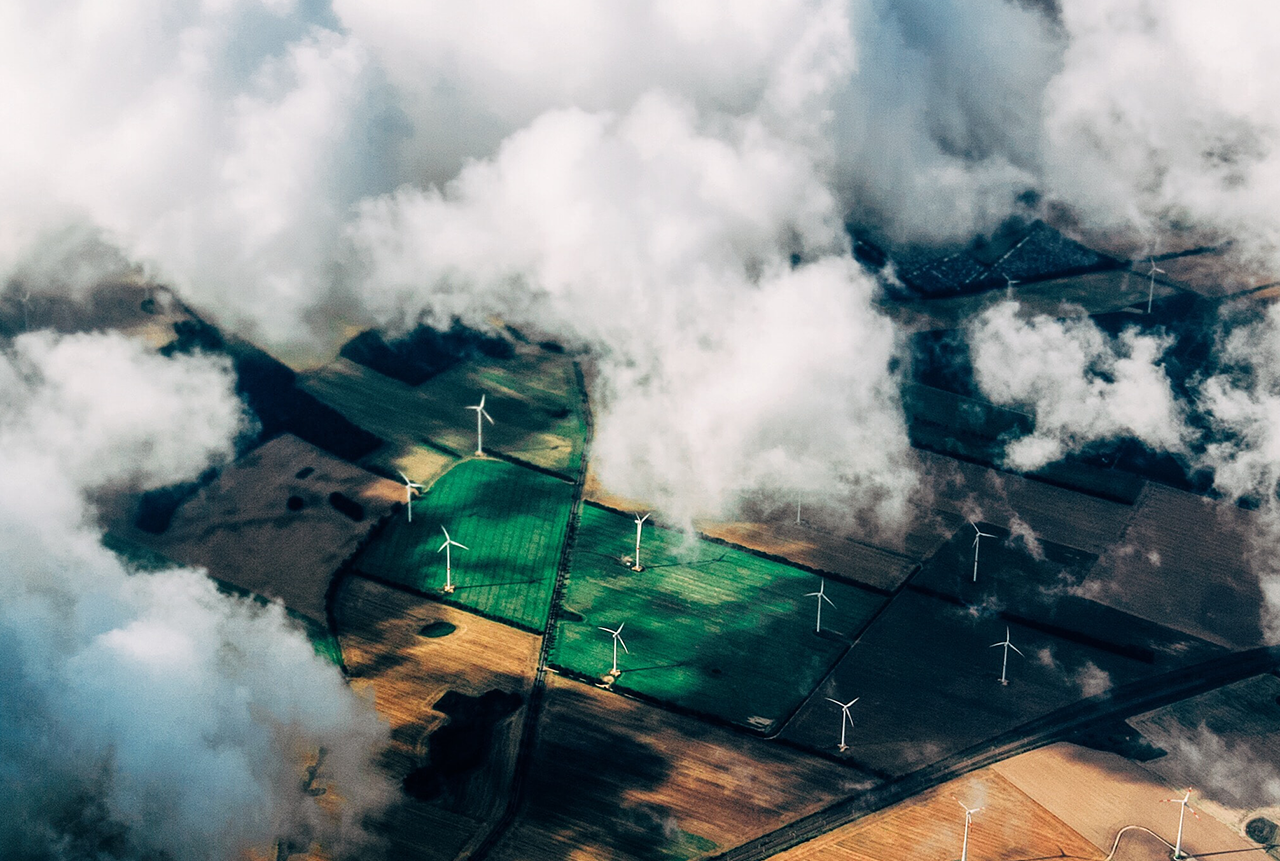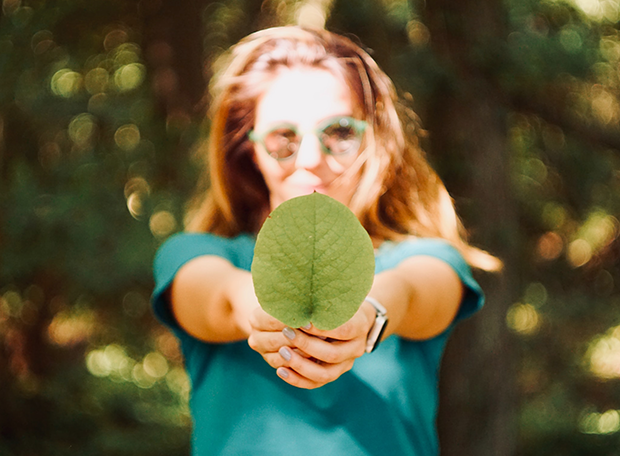DaklaPacks Sustainable Packaging Mission
At DaklaPack, we strive to do our part in addressing sustainability issues through our products and business practices. We see our position in the plastic packaging supply chain as an important opportunity to innovate and work collaboratively to create positive, sustainable change. To do this, we’ve focused our efforts in two areas: ‘Our Products’ and ‘Our Journey’ toward becoming a more sustainable company.
Our Products
Offering innovative packaging products is DaklaPack’s core expertise and so we use these skills and knowledge to lay the foundation of our sustainability program. Our Products are continuously evolving to include the latest innovations in the sustainable packaging sector. We aim to provide sustainable solutions for our clients’ every packaging need.
We developed our Eco-Label Program to help clients find the sustainable products they need and understand their benefits. We’ve also published extensive resources on how we label our products and what their benefits are. We believe that this transparency and knowledge sharing enables us to collaborate more closely with our partners to create a more sustainable packaging industry.
Our Journey
Our products are a result of many business processes, which we also strive to make more sustainable. Our Journey towards becoming a more sustainable company has involved thinking about the entirety of the impacts of our operations. To effectively examine and communicate our performance, DaklaPack has followed the United Nation Sustainable Development Goals framework. By using this internationally recognized approach, DaklaPack is better able to collaborate with our partners towards creating a more sustainable packaging industry.
More sustainable
Make the switch to sustainable packaging
At DaklaPack, we continually strive to become more sustainable by greening both our products and processes.
As a manufacturer of flexible plastic packaging, DaklaPack understands the important role we play in advising and educating our customers on sustainability challenges and choices. We offer a holistic, transparent range of alternative sustainable packaging solutions.

Sustainable packaging
An environmentally friendly(er) product
Are you looking for an environmentally friendly product? Please leave your contact details below and one of our specialists will contact you as soon as possible to answer your question.

